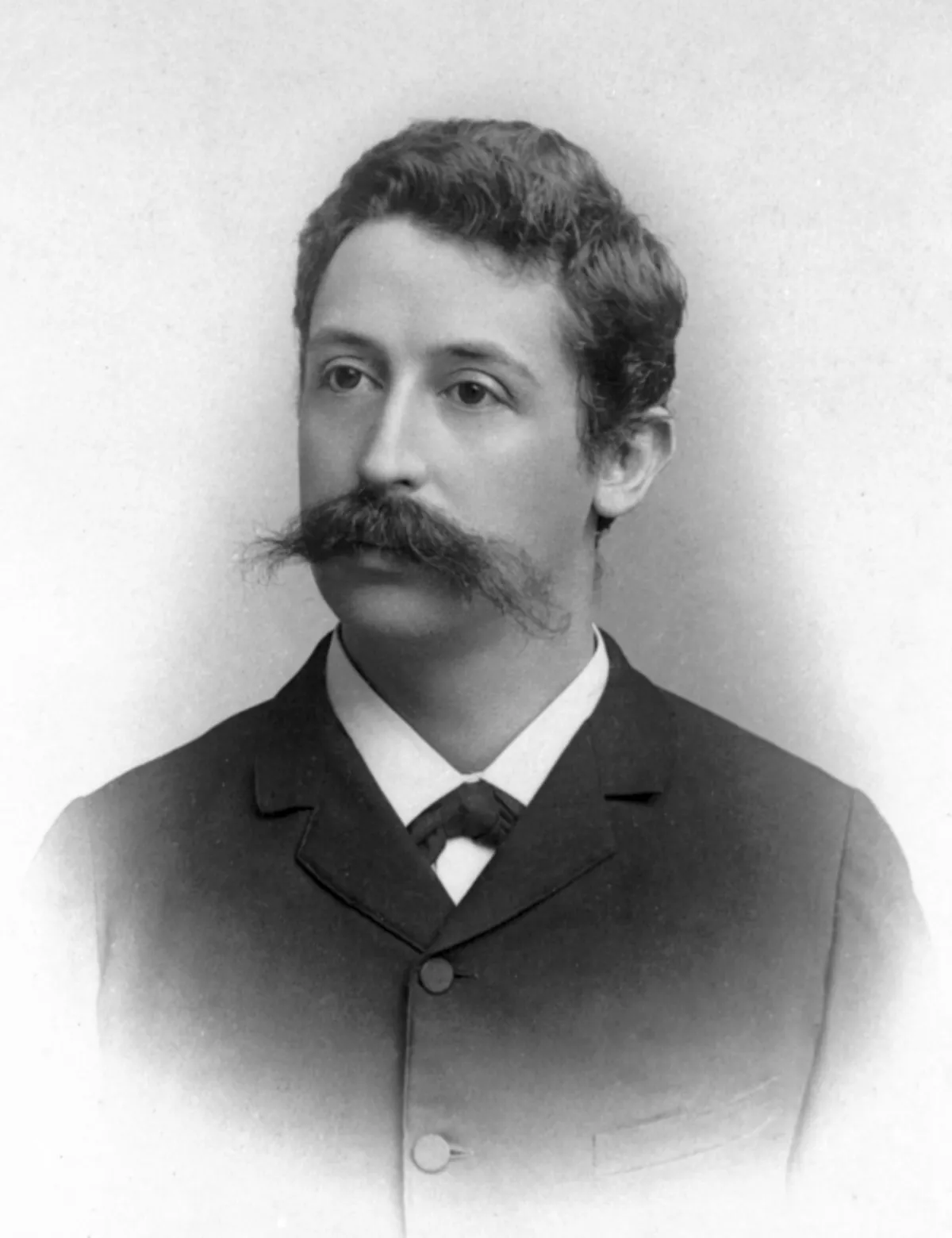 1.
1. Christiaan Eijkman was a Dutch physician and professor of physiology whose demonstration that beriberi is caused by poor diet led to the discovery of antineuritic vitamins.

 1.
1. Christiaan Eijkman was a Dutch physician and professor of physiology whose demonstration that beriberi is caused by poor diet led to the discovery of antineuritic vitamins.
Christiaan Eijkman was born on 11 August 1858, at Nijkerk, Netherlands as the seventh child of Christiaan Eijkman, the headmaster of a local school, and Johanna Alida Pool.
Christiaan Eijkman's elder brother Johann Frederik Eijkman was a chemist.
In 1875, after taking his preliminary examinations, Christiaan Eijkman became a student at the Military Medical School of the University of Amsterdam, where he was trained as a medical officer for the Netherlands Indies Army, passing through all his examinations with honours.
In 1883, Christiaan Eijkman left the Netherlands for The Dutch East Indies, where he was made medical officer of health, first in Semarang, then later at Tjilatjap, a small village on the south coast of Java, and at Padang Sidempoean in Northern Sumatra.
For Eijkman this was to prove a lucky event, as it enabled him to work in E Forster's laboratory in Amsterdam, and in Robert Koch's bacteriological laboratory in Berlin; here he came into contact with C A Pekelharing and C Winkler, who were visiting the German capital before their departure to the Indies.
Christiaan Eijkman was Director of the "Geneeskundig Laboratorium" from 15 January 1888 to 4 March 1896, and during that time he made a number of his most important researches.
Christiaan Eijkman was able to demonstrate that a number of theories had no factual basis.
Christiaan Eijkman had been sent to the Dutch East Indies to study beriberi, a disease of the peripheral nerves, but his discovery of the cause was accidental.
Christiaan Eijkman noticed the symptoms of beriberi in some chickens used in his laboratory when their feed had been altered for a few months.
Christiaan Eijkman surmised that polished rice lacked a dietary component found in unpolished rice, and that beriberi was caused by depriving the body of this component, which he called "the anti-beriberi factor".
Subsequently, Christiaan Eijkman was able to prove that the disease was not caused by blood contamination, respiratory metabolism, perspiration, or seasonal or temperature variation.
Christiaan Eijkman suspected the disease was caused by an unknown bacterium.
Christiaan Eijkman was unable to continue his research due to ill health, but a study by his friend Adolphe Vorderman confirmed the link between polished rice and the disease.
At Utrecht, Christiaan Eijkman turned to the study of bacteriology, and carried out his well-known fermentation test, by means of which it can be readily established if water has been polluted by human and animal defecation containing coli bacilli.
Christiaan Eijkman engaged himself in problems of water supply, housing, school hygiene, physical education.
Christiaan Eijkman was the founder of the Vereeniging tot Bestrijding van de Tuberculose.
Christiaan Eijkman died in Utrecht, on 5 November 1930, after a protracted illness.
In 1907, Christiaan Eijkman was appointed Member of the Royal Netherlands Academy of Arts and Sciences, after having been Correspondent since 1895.
Christiaan Eijkman was holder of the John Scott Medal, Philadelphia, and foreign associate of the National Academy of Sciences in Washington.
Christiaan Eijkman was honorary fellow of the Royal Sanitary Institute in London.
In 1883, before his departure to the Indies, Christiaan Eijkman married Aaltje Wigeri van Edema, who died in 1886.
In Batavia, Professor Christiaan Eijkman married Bertha Julie Louise van der Kemp in 1888; a son, Pieter Hendrik, who became a physician, was born in 1890.